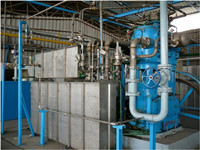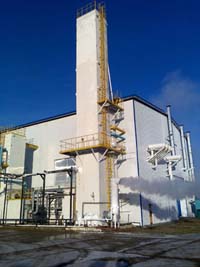- Home
- About&Industry
- Products
- Cryogenic Air Separation Oxygen Generators
- Nitrogen Generators
- Cryogenic Storage Tank System
- Cryogenic Tanker
- Compressor
- PSA Nitrogen Generator
- PSA Oxygen Generator
- Molecular Sieve Adsorbent
- Ancillary Equipment
- moisture-analyzer dew point at -70 C
- Self cleaning filter cartridge
- electric motor instrument Screw air compressor
- The self-cleaning air filter
- KSCY Water-Cooled Screw Chiller
- Cryogenic Pneumatic Diaphragm Actuator Valve
- Cryogenic liquid Cylinder Filling Pump
- Molecular sieve 3A
- oxygen Piston Compressor
- News
- Service
- Case
- Faq
- Contact


 (Live chat)
(Live chat)



